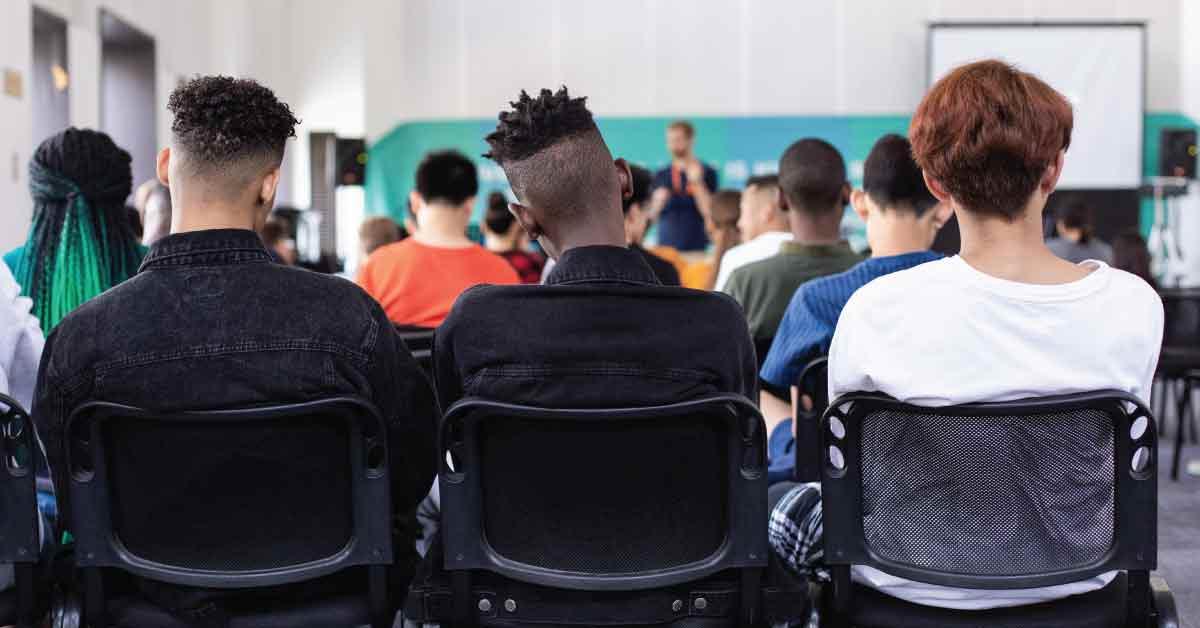Supporting Your Teen.
Is your teen struggling with the anxiety of going back to school in person after almost two years of remote learning? Oftentimes, change can lead to anxiety as it involves adjustments, throwing people off their usual balance. Adolescents already go through a lot of changes physically and mentally and to add school to the mix of changes can get overwhelming for many to manage.
It is important, as a caretaker, to provide support for them during this wave of changes. Here are some struggles they may be facing. Consider them when approaching your teen.

Academic Pressure
Many teens feel pressured to do well in classes and receive good grades.
Middle schoolers feel the pressure as classes increase in difficulty from elementary school and high schoolers feel the pressure to excel in classes in hopes of getting into the college of their choice. I work with many teens and they report that remote learning was less stressful because it did not feel like real school. The environment of being back in school reminds teens of the consequences of bad grades.
Academic stress feeds into general anxiety that can negatively affect other parts of your teen’s life.
ADJUSTING FROM REMOTE to in-person is another change on top of their physical and psychological changes. Support your teen by paying attention to their mood changes and keeping an open mind.

Peer Pressure
Teens put a lot of emphasis on social acceptance as they begin to rely less on their caretakers for support and rely more on their friends. “Fitting in” has suddenly become the center of their focus as they strive for peer acceptance. This may lead teens to wanting to dress or act in ways similar to their peers.
During the COVID-19 quarantine, teens did not have to interact with peers as much, as many virtual interactions felt less real to many. Being back to in-person learning can be overwhelming as they try to regain their social confidence, hoping to be accepted by their peers.

Time Management
A major difference between remote learning and in-person learning is the lack of time they have with the latter. Teens had more time to spend on academics during the COVID-19 quarantine since they did not have to commute to and from school, were not hanging out with friends as often, and were not participate in extracurricular activities.
Now with everything opening back up, teens find themselves adjusting their schedules to incorporate commuting, spending time with friends, and participating in extracurricular activities. These time constraints cut into their homework and, subsequently, their academic stress increases.

How to Help
Adolescence is a tricky time as teens are going through various changes. Adjusting from remote to in-person is another change on top of their physical and psychological changes. Support your teen by paying attention to their mood changes and keeping an open mind, so they feel safe enough to confide in you. Speaking to a professional is also a good way for teens to process the feelings they have surrounding the changes, as well as learning coping skills for stress management.
Don’t hesitate to reach out to Ammirati Counseling to ask and inquire about support services that you can receive to help with overcoming feelings of depression, loneliness, stress or anxiety.
847.217.9381
Book An Appointment

